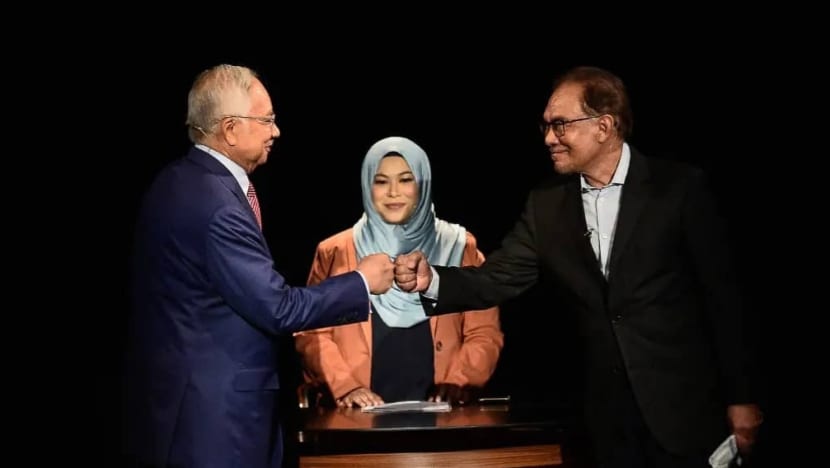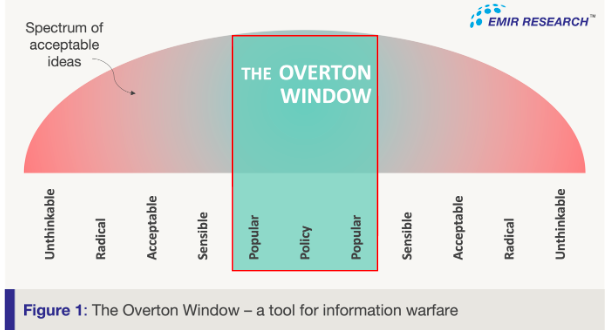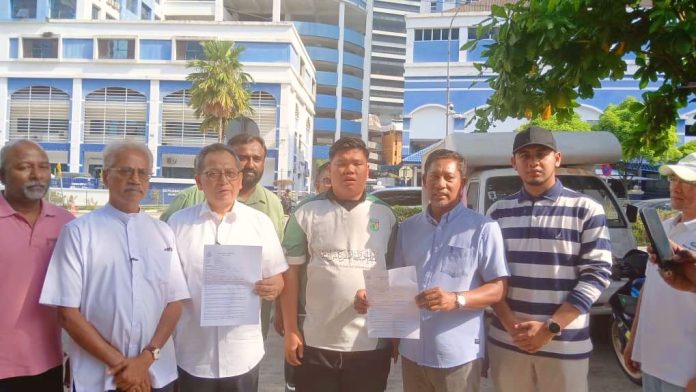SOME quarters suggest that the recent held debate between former prime minister Datuk Seri Najib Tun Razak and the Opposition Leader, Datuk Seri Anwar Ibrahim is a sign of “maturing politics” and can lead to “more democracy” in our country.
However, some questioned, how is a debate between a convicted felon and a prominent opposition leader a sign of “mature politics” from any angle! This appears more as a mockery of good governance and integrity, in addition to an insult to democracy, our country and the rakyat.
As EMIR Research recently put it in its article “Technocratic legal bailout framework to arrest ‘bailout-preneurship'”, the situation around Sapura Energy Bhd (SEB) very neatly falls into the definition of “bailout-preneurship” or yet another type of corruption cartel in our country where in a symbiotic relationship; Government-linked companies, banks and Government work together first to draw money out and then use taxpayers’ money to clean up the mess.
Therefore, on a topic like this, Najib, given his conviction and array of corruption charges, should be the last person on Earth to be given the right even to open his mouth and express an opinion or any “advise” as he has overwhelmingly discredited himself as a policymaker and leader!
When this convicted felon even raised his head to comment on this issue, Najib should have been immediately put in his place. But what do we see instead?
We see him on the national TV expressing his opinion, remarkably, not just on the SEB but also on the Malaysian economy prospects and way forward as if this is his election campaign.
And how was Najib introduced at the beginning of the programme? With Anwar, he was presented as a “big” or “prominent figure” in national politics. How is this possible after all that he has done? How is this a sign of mature politics or democratic progress?
As it transpires, there is a movement to re-legitimise Najib in line with the Overton window opportunity strategy (Figure 1) — when something completely unacceptable is gradually turned into a widely accepted norm.
First, we see him freely walking around after being charged and convicted for corruption in court, then campaign in Johor elections, later having a seat among the royalties, and now appearing, on national TV side by side with an indeed prominent opposition leader to give “HIS VIEWS” on Malaysia’s way forward.
We all know well that to “change its political landscape”, Malaysia must take a definitive and firm stance against pervasive corruption. Instead, we have Najib appearing on TV with all fanfare while should he have been behind bars together with his high-profile companions.
And such decisiveness and a firm stance against corruption should start emanating from the political will in the first place. Until this is not done, we also should not expect any maturity from our leaders — including focus on rakyat and nation-building.
As for content of the debate itself, Anwar Ibrahim clearly had the upper hand in it not because of his oratory skills and vocalness but because of the weight, essence, precision and total sense of the arguments he brought in.
Speaking of SEB, he has stressed the importance of a complete forensic audit as the first and foremost step before even considering a bailout.
It is more than suspicious why SEB bailout proponents, including Najib, vehemently oppose such a fair idea.
They try to create a sense of urgency by arguing that forensics audit would take time while SEB’s creditors have petitioned for its bankruptcy on June 10. However, this is not something that cannot be solved through a proper process.
As the first step, the Government should negotiate for a delay in petitioning for bankruptcy, indicating to SEB’s creditors its interest in proper restructuring and reorganising to save the company, including what is due to the creditors. Creditors will surely be more than happy to accept this, as the recovery possibilities will be much higher.
Upon getting the delay, as EMIR Research earlier suggested in “Technocratic legal bailout framework to arrest ‘bailoutpreneurship'”, the proper bailout process should include:
- Assessing and asserting the company’s viability as a going concern;
- Bail-out sum to be exchanged for fair percentage of equity in the company so the Government will be able to benefit from the upside in the future. No more free monies;
- A thorough forensic audit of book-keeping, capital management, governance structure, approval process, vendor payment process, etc.;
- Tying the bailout to a moratorium on dividend payments or share buybacks as well as bonuses and other types of remunerations to the top management and board of directors for the time while the company is benefiting from Government support;
- Curbing the excessive executive pay;
- Revision of long-term incentive plans and bonuses;
- Requirement of payroll maintenance;
- Demand that all creditors receive haircuts;
- Ousting the management who presided over the company’s descend and found guilty of mismanagement (that is why a forensic audit is essential) and imposing clawbacks on their salaries and remunerations.
The above is only a fair process when public funds are potentially involved, and some of these steps Anwar had emphasised in the debate.
Dr Rais Hussin is the CEO of EMIR Research, an independent think tank focused on strategic policy recommendations based on rigorous research.
The views expressed are solely of the author and do not necessarily reflect those of Focus Malaysia.










